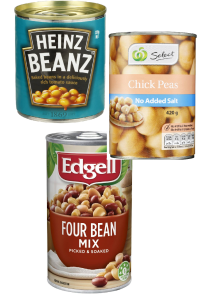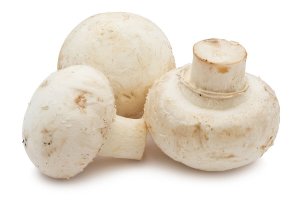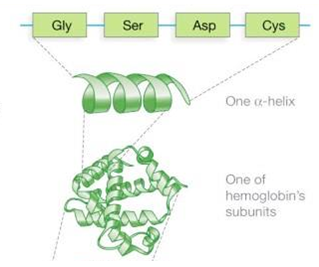Today marks my first anniversary of deciding to commit to ‘this vegan thing’.
I’d done Veganuary and felt confident that I was on the right track. My reasons started out based on health, but over January 2017 had evolved into ethical and environmental ones.
My eyes were open and there was no going back.
Little did I realise that the next 12 months would be some of the most challenging of my entire life. They would also be some of the most rewarding.
To mark my 1st Veganniversary I thought I’d share my new found truths.
What I’ve learned along my Veganism Journey
- A lot of my general knowledge was actually unsupported assumptions. Surely they just put a cow and a bull in a paddock and let em work it out for themselves? No. A million times no. Artificial insemination makes perfect sense from a business perspective – why leave something so important to chance? But the cows will need to be milked anyway, or they’ll get mastitis, right? No. A trillion times no. No other mammal continues to produce milk after a certain time after birth, why do we think cows are any different?
- Free range doesn’t necessarily guarantee humane. In a dark barn with barely enough room to move isn’t the free range they show you on the packets!
- Protein is not as important as the meat industry wants us to believe. Most of my sources (books, nutrition courses, websites and documentaries) tell us we only need around 80mg of protein in a day. Anything more than this will be eliminated from our bodies as waste. This we can get through a variety of plant foods, such as beans, almonds and sunflower seeds, in abundance. Plus, we can plan to get exactly what we need, rather than overdosing and using vital energy eliminating the excess from our bodies. Seems like simple math to me!!
- No matter what facts you give people, admitting they were mislead is very difficult. And I’ll say ‘mislead’ as opposed to wrong, because wrong would indicate a conscious decision was made. This is rarely the case in society. Maybe it’s a pride thing, who knows! There have been less than a handful of people I’ve spoken to about the impacts of animal agriculture, backed up by statistics, who don’t choose to ignore or forget what they heard and continue to do what they always did. Health of the planet, be damned!
- No amount of ‘shorter showers’ will come close to the amount of water I’ve saved. Using the stats given in Cowspiracy, converted to the metric system, for each kilogram of meat I don’t consume, I’m saving over 5000 litres of water. That’s 500 “shorter showers” a week! A WEEK!!! Why doesn’t the Australian Waterboard give us those statistics??
- Being vegan doesn’t guarantee compassion. This one breaks my heart. To profess so much compassion for animals and then not show it to your fellow species is not only sad, but hypocritical as well. Under this heading comes tolerance as well, but in the form of a lack of tolerance for people doing their best and living by their rules. Vegans can be among the most judgemental people I have ever come across. I thought indoctrination was only for the religious? Apparently I was wrong.
- People think they are being funny when they show you pictures of dead animals. This has really mostly been from teenagers, but I’ve had adults make jokes about me eating their chicken salad for lunch. We don’t go around showing them pictures of things that offend and upset them, like dead babies or decapitated human heads, so why do they do this to us? It’s blatant disrespect and, done enough, bullying and harassment.
- Sometimes you are surprised by the least likeliest of people. Some family and friends have been ultra supportive of my choice, even choosing to eat with me when they have other options. I know it is highly unlikely these people will ever become vegan, but I can appreciate when they support my choice and show it with their forks! It’s even better when you can have a decent conversation with them where they listen to your reasons and engage in a positive way!
- There is a such thing as a fat vegan and I’m fast becoming one! I am only a little bit sad to say the clincher for my choice was discovering that French Fries were vegan! Oh, happy day!! And this was before So Good and Over the Moo released their dairy free ice cream…
- Sometimes it seems animal products are in literally everything! From hot chocolate powder to plastic bags, animal agriculture seems to have its claws in all our commonly used products! Luckily for us, most things can be easily replaced. Equally lucky is that most restaurants always have hot chips on the menu!
I am sure there is plenty more that could and should go on this list, but these are the stand out lessons for me!
Let me know what you’ve learned on your journey and let’s see if we can’t spread the word together!!
And for whenever yours is…
Happy Veganniversary!!





